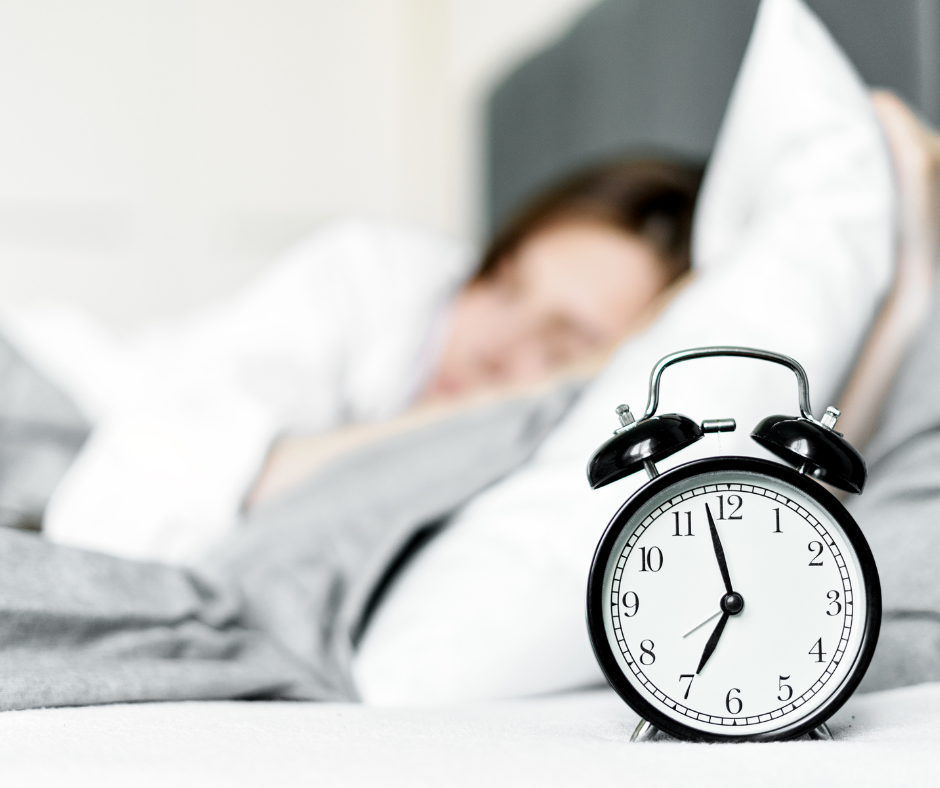Not a Morning Person? Your Genes Might Agree
Sleep Chronotypes & DNA: Finding Your Ideal Sleep Window
If you’ve ever felt guilty for hitting snooze or staying up too late, it might be time to stop blaming your habits and start looking at your DNA.
The truth is, we’re not all wired to thrive on the same sleep schedule. Some people bounce out of bed at 6 AM ready to take on the world, while others do their best work after dark. And no, this isn’t laziness or poor discipline. It’s biological.
Welcome to the world of sleep chronotypes, your body’s natural timing preference for sleep, wake, energy, and productivity. And yes, your chronotype is heavily influenced by your genetics.
What Is a Sleep Chronotype?
A sleep chronotype is your body’s natural inclination toward certain sleep and activity patterns over 24 hours. Think of it as your internal clock’s personality.
There are four commonly used chronotype categories, often referred to by animal names:
Lion (Early Risers): Wake early, peak in the morning, fade by evening
Bear (Midday People): Follow the solar day (most common type)
Wolf (Night Owls): Struggle with mornings, feel most alert in late afternoon/evening
Dolphin (Light Sleepers): Sensitive sleepers, erratic energy, often struggle with insomnia
But while these labels are helpful, the science goes deeper. Your chronotype isn’t just a preference; it’s rooted in your genes, specifically the CLOCK and PER genes that influence circadian rhythm.
How Genetics Influences Your Ideal Sleep Window
Your DNA helps determine the timing of your melatonin release, your natural wake-sleep cycle, and even your peak cognitive performance. If your genes are wired for later sleep and you're constantly forcing early mornings, you’re fighting biology, and that has consequences.
Misaligned sleep can contribute to:
Sleep debt and fatigue
Brain fog and poor focus
Mood swings or irritability
Metabolic disruptions and weight gain
Increased risk for anxiety or depression
That’s why it’s so important to understand your chronotype and work with it, not against it.
How to Discover Your Chronotype
There are two ways to learn your natural sleep style:
1. Self-Assess by Observation
Ask yourself:
What time do I naturally get sleepy if I have no obligations?
When do I feel most mentally sharp and productive?
What time of day do I feel most energetic?
You can also track sleep/wake patterns over a week or two during vacation or downtime.
2. Use a Chronotype Quiz or DNA Test
A simple quiz can help you narrow down your likely type. But for more precision, DNA testing can provide insights into your genetic circadian rhythm tendencies, including how caffeine, melatonin, and light affect you.
How to Work With Your Chronotype
Once you know your chronotype, you can begin to align your schedule and routines to match your body’s natural rhythm. Here are a few ideas:
Lion
Ideal Wake Time: 5:30–6:30 AM
Peak Focus Window: 8 AM–12 PM
Ideal Bedtime: 9–10 PM
Tip: Get key tasks done early and wind down before dinner
Bear
Ideal Wake Time: 7–8 AM
Peak Focus Window: 10 AM–2 PM
Ideal Bedtime: 10–11 PM
Tip: Follow a consistent schedule and avoid late-night stimulation
Wolf
Ideal Wake Time: 8:30–9:30 AM
Peak Focus Window: 4–10 PM
Ideal Bedtime: 11:30 PM–12:30 AM
Tip: Schedule demanding tasks later and avoid early meetings if possible
Dolphin
Ideal Wake Time: Variable
Peak Focus Window: 10 AM–2 PM / 6–9 PM
Ideal Bedtime: 11 PM–1 AM
Tip: Prioritize calming evening routines and manage light and noise carefully
The Power of Personalized Sleep
When your sleep patterns match your natural rhythm, everything improves:
You fall asleep easier
Wake up feeling more refreshed
Experience better energy, mood, and focus
Support long-term hormonal and metabolic balance
Reduce your risk of chronic sleep debt and burnout
Rather than trying to force an arbitrary bedtime or follow one-size-fits-all advice, take a personalized approach. Your genes may already hold the key.
Ready to Find Out Your Chronotype?
Curious whether your sleep struggles are biological? Let’s chat to find out how your body is wired and how to optimize your sleep and daily schedule based on your results.


